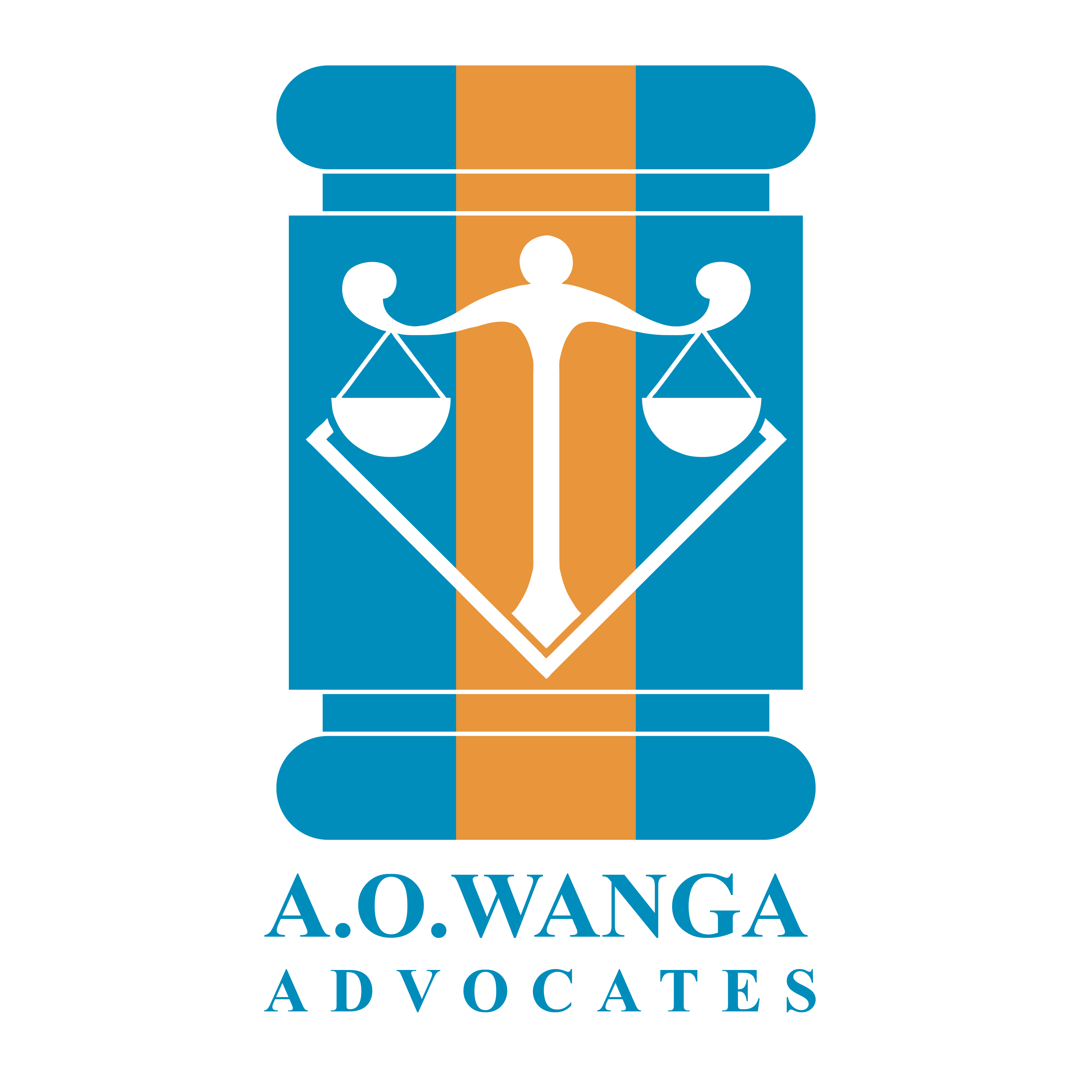REVIEW OF THE SOCIAL HEALTH INSURANCE ACT, 2023
On the 21st November 2023, the Kenya’s Cabinet Secretary for Health via legal notice number 194 gazetted the commencement date for Social Health Insurance Act, 2023 being 22nd November 2023. This new act has been enacted in order to put in place a legislative framework to regulate the provision of social health insurance, promote the implementation of the Universal Health Coverage and to ensure that all Kenyans have access to affordable and comprehensive quality health services.
This act repeals the National Health Insurance Fund Act, 1998 and establishes the Social Health Authority with responsibilities such as to manage the Funds established under the Act, to receive all contributions and other payments required by the Act to be made to the Funds, to contract health care providers and healthcare facilities upon successful certification by the relevant body, to develop guidelines for the operations and implementation of the Funds established under the Act and establish sectoral linkages for effective management and growth of the Funds among others.
Of importance to note is that this act has done away with the one National Health Insurance Fund and now established the Primary Healthcare Fund, Social Health Insurance Fund & the Emergency, Chronic and Critical Illness Fund in lieu thereof.
- Primary Healthcare Fund
Under the new act, the objective of the Primary Healthcare Fund is to purchase primary health care services from health facilities and its source of funds are: monies appropriated by the National Assembly, any grants gifts, donations or bequests, monies allocated for primary healthcare services from fees or levies administered and monies accruing to or received by the Fund from any other source.
- Social Health Insurance Fund
The act establishes the Social Health Insurance Fund and provide its source of funds as: contributions under the Act, monies appropriated by the National Assembly for indigent and vulnerable persons, gifts, grants, innovative financing mechanisms or donations, funds from the national government, county governments and their respective entities for the administration of compulsory public service employee’s insurance benefit scheme and funds from an employer who is not a national government, a county government or their respective entities, for the administration of employee benefits.
On registration with Social Health Insurance Fund, the act provides that every Kenyan shall register as a member of the Social Health Insurance Fund. Any person who, being a non-Kenyan, and is ordinarily resident in Kenya, is eligible for registration as a member of the Social Health Insurance Fund and a child born after commencement of the act shall be registered at birth as a member of the Social Health Insurance Fund.
Astonishing to note with this fund is that the act provides that any person who is registerable as a member under the new Act shall produce proof of registration with the Social Health Insurance Fund as a precondition of dealing with or accessing public services from the national government, county government or a national or county government entities.
On penalty the act provides that any person who fails to pay any contribution in respect of any period on or before the day on which payment is due shall be liable to a penalty equal to ten percent of the amount due for contribution for the period which the contribution remains unpaid and the total annual contributions.
- Emergency, Chronic and Critical Illness Fund
The act establishes the Emergency, Chronic and Critical Illness Fund for purposes of defraying the costs of management of chronic illnesses after depletion of the social health insurance cover and to cover the costs of emergency treatment.
Under the act a “Chronic illness” is defined to mean a condition that lasts one year or more and require ongoing medical attention or limit activities of daily living or both. A “critical illness” means a serious and potentially life-threatening condition that demands urgent medical intervention and can have a substantial impact on a person’s health, well-being and quality of life and “Emergency treatment” means the necessary immediate health care that must be administered to prevent death or worsening of a medical situation.
All rights reserved for A.O.WANGA ADVOCATES
www.aowangaadvocates.com


4 Comments
Join the discussion and tell us your opinion.
It’s a shame you don’t have a donate button! I’d without a doubt donate to this fantastic blog!
I suppose for now i’ll settle for bookmarking and adding your RSS feed to my
Google account. I look forward to brand new updates and
will share this website with my Facebook group. Chat soon!
Here is my web page: vpn special code
What’s up mates, nice piece of writing and good urging commented at this place,
I am actually enjoying by these.
Visit my web site: vpn special
Hmm it looks like your website ate my first comment (it was
extremely long) so I guess I’ll just sum it up what
I wrote and say, I’m thoroughly enjoying your blog.
I as well am an aspiring blog blogger but I’m still new to
the whole thing. Do you have any suggestions for rookie blog writers?
I’d really appreciate it.
Feel free to visit my blog post … vpn special coupon
Very good article! We are linking to this particularly great post on our site.
Keep up the good writing.
Stop by my web-site … vpn coupon 2024